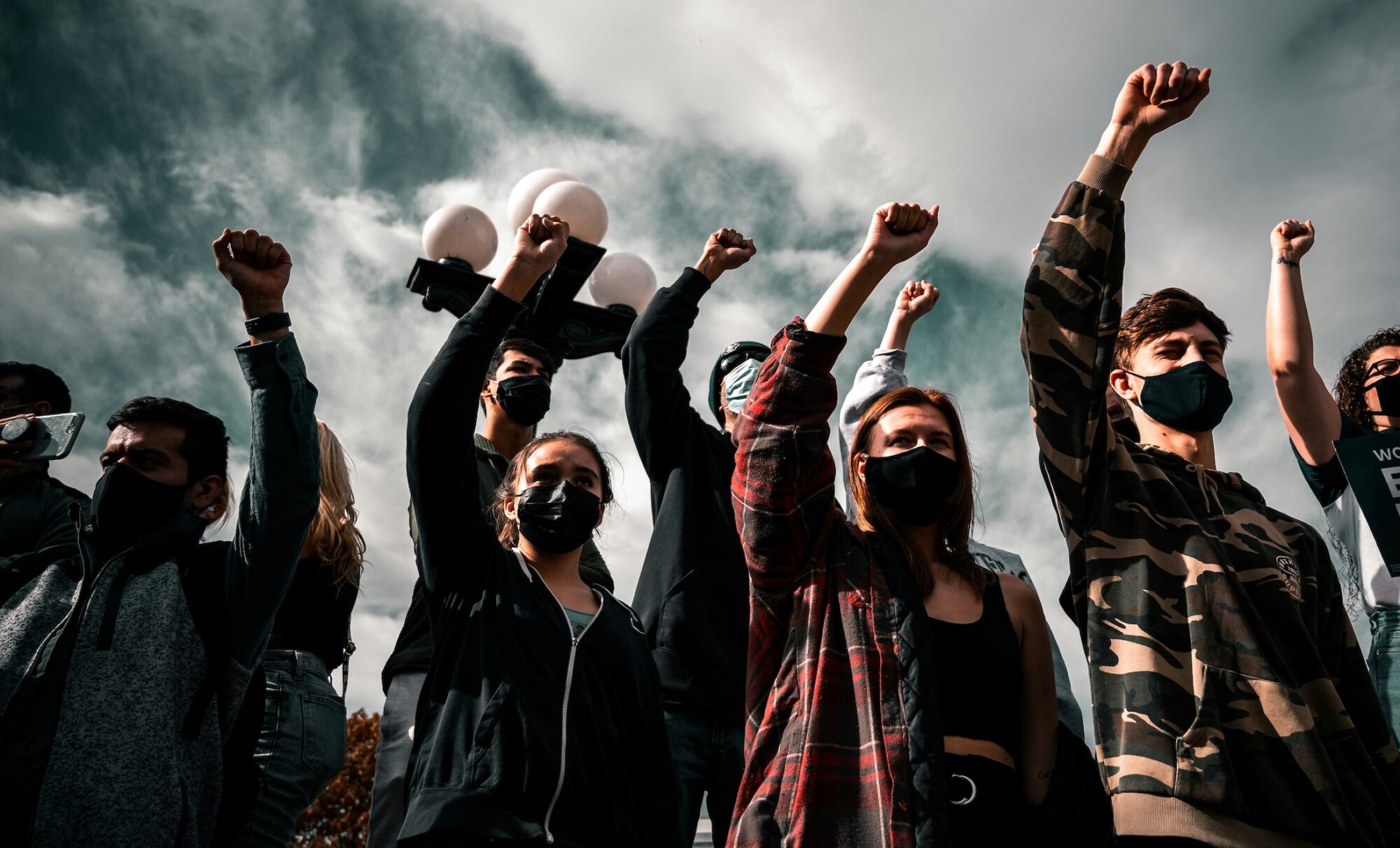A little over a year ago, after a long day, off duty police officer Amber Guyger walked into the apartment of her unarmed neighbor, Botham Jean, mistakenly thinking the apartment was her own. She then wrongly concluded he was an invader in her home.
She then shot and killed Jean; in fact, at trial, Guyger testified she intended to kill him.
At her recent trial and emotion-packed sentencing, Guyger was sentenced to 10 years behind bars after being convicted of second-degree murder in the state of Texas. 10 years is viewed as somewhat lenient, noting that life in prison was the maximum sentence — and of course, that she intentionally shot and killed an innocent man.
But perhaps the shot most heard around the country was the victims’ impact statement which occurred immediately after sentencing. The victim’s younger brother, 18 year old Brandt Jean, took the stand, and even though many of the onlookers and members of the press had already left the courtroom, Brandt had a most powerful thing to say…
Brandt — a black man — humbly, slowly said to Guyger — a white woman, “If you truly are sorry — I know I can speak for myself — I forgive you. And I know if you go to God and ask Him, He will forgive you. And I don’t think anyone can say it — again, I’m speaking for myself — not even on behalf of my family — but I love you just like anyone else. And I’m not going to say I hope you rot and die just like my brother did, but I, I personally want the best for you…” And then he asked twice if it was ok for him to hug her. He got off the stand. Guyger moved fast to him. The two embraced. You could hear the sobs. They held each other for over a minute.
No doubt forgiveness is a powerful thing.
Brandt Jean made no excuses for Guyger’s awful act. He did not deny the pain nor the wrongdoing. He did not deny that his family had done nothing wrong. He simply chose forgiveness when something different would have been easier.
Following the young man’s example, District Judge Tammy Kemp, who is black, also came down to hug the newly sentenced. “Had you witnessed the person who was hurting as Miss Guyger was,” said Kemp, “I don’t know a person who would have denied her that human contact.” Kemp seems to know that compassion is powerful, even and perhaps especially when undeserved.
What a fascinating scene — what powerful words. I am awed by one who has been so wronged — and by another who administers justice — how they could so unselfishly love on the one responsible for the wrongdoing. They chose mercy; that couldn’t have been easy. But those closest to the crime chose mercy and compassion.
Hear that once more… those who were closer chose mercy and compassion.
Moving farther away, the scene was not the same…
Outside the courtroom, there were protests. There was anger.
Further removed — on social media — there were lambasting taunts…
“How dare they!!”
Allow me to humbly repeat what the taunt most seems to mean…
How dare they be compassionate.
Notice who is doing the chanting. It’s not those closest to the situation. It’s not those most involved or even most hurt by the wrongdoing. The chants, rants, and aggrieved accusations are coming from those farthest away. Those removed from the situation are hurling their hurt and attempting to project their emotion onto others.
Keen observation today, friends. Anger and outrage often come from places farther away.
That doesn’t seem helpful.
Allow us to learn from those who are closer.
Respectfully…
AR
